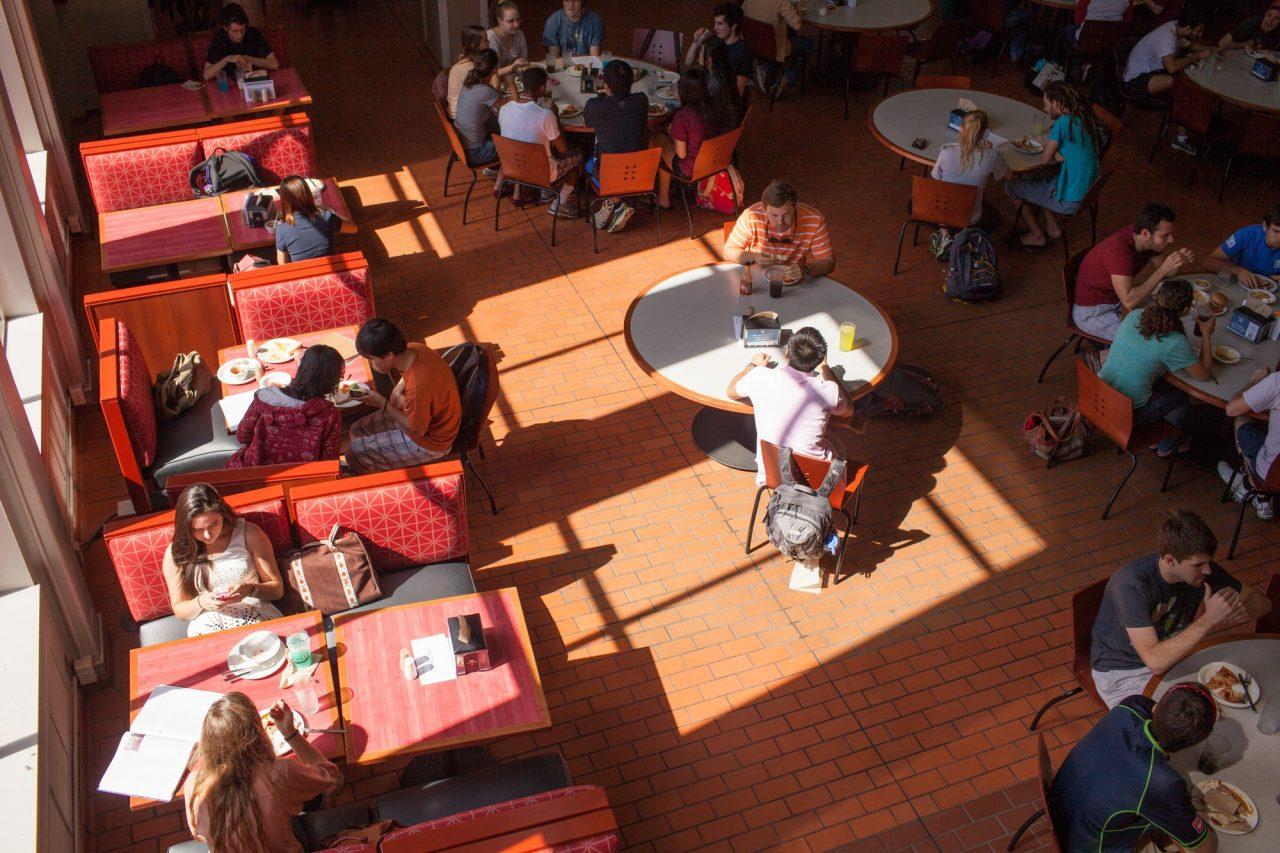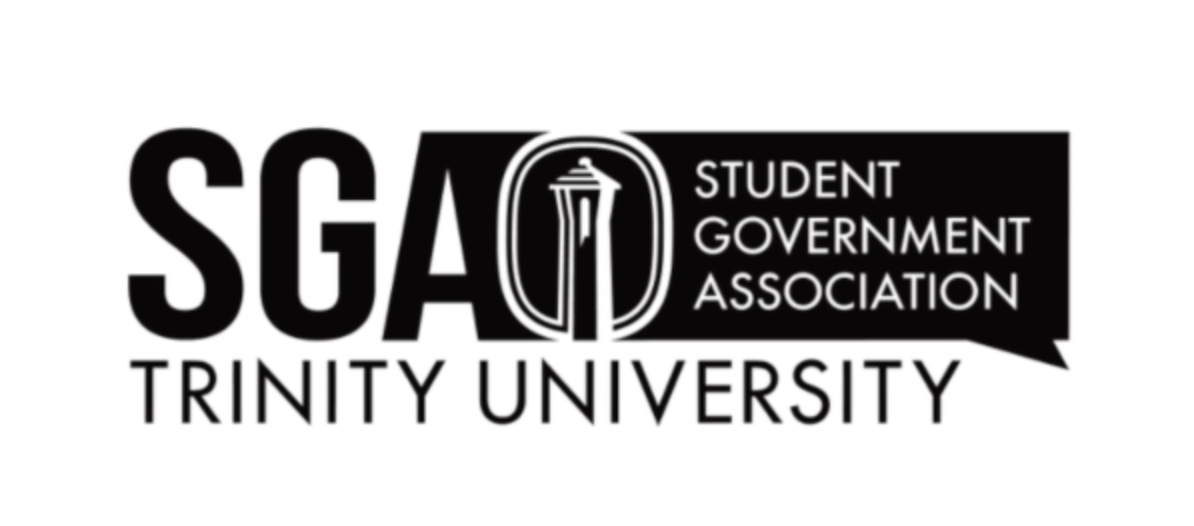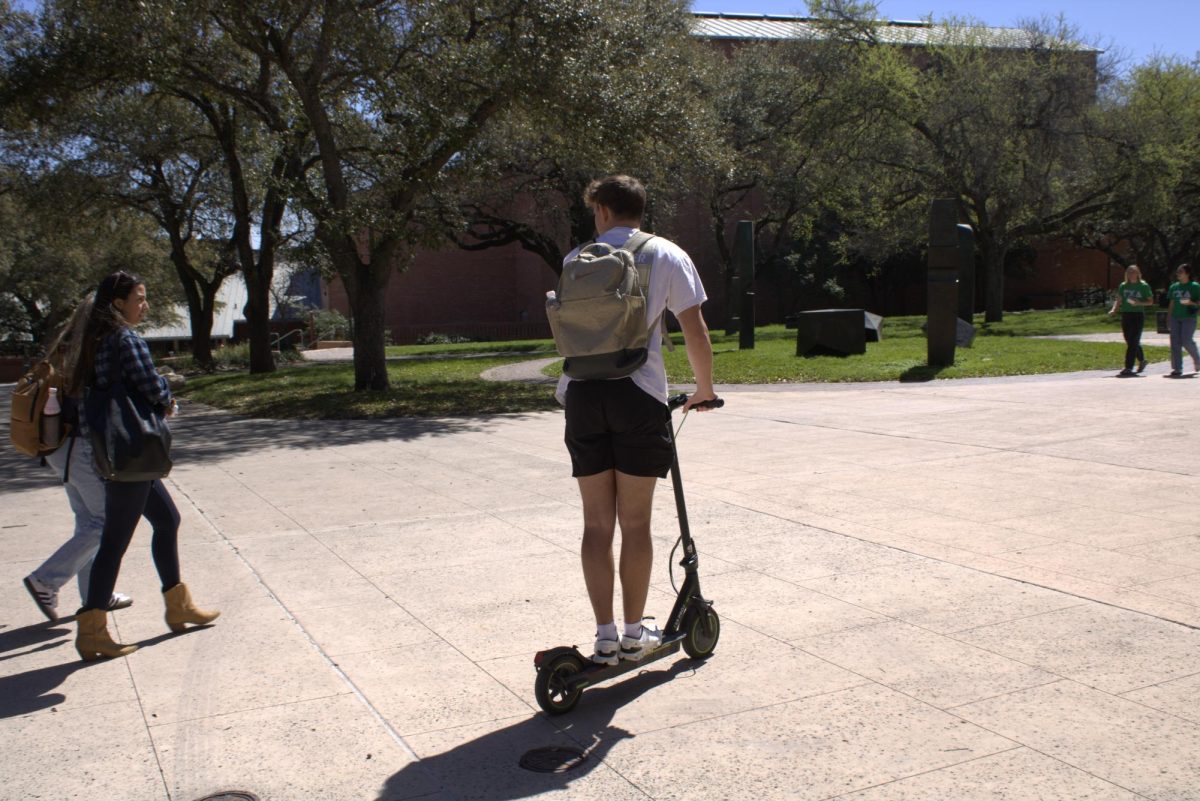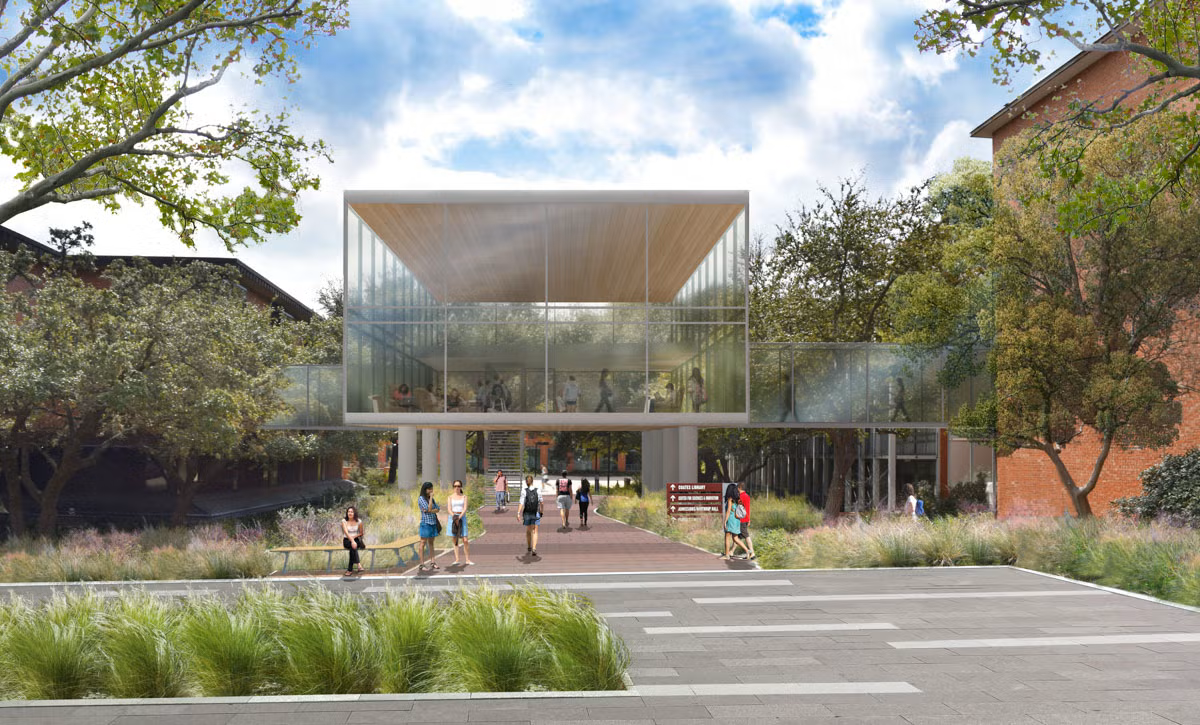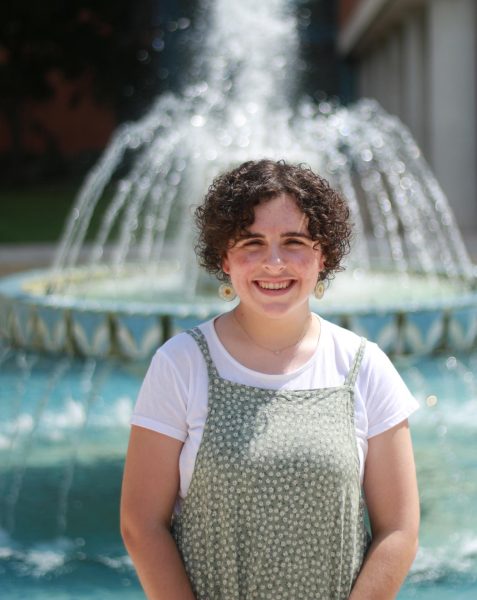image from archives
In the wake of the murder of George Floyd, the administration of Trinity University made a commitment to anti-racism. According to the student group Tigers Against Aramark (TAA), if the university wants to uphold this commitment, they must dissolve themselves from their contract with Aramark, their dining service provider.
TAA formed in June as a group of students moved to act on allegations they had heard about Aramark and its role in the prison-industrial complex, a system that disproportionately affects the lives of Black, Indigenous and People of Color (BIPOC). They immediately got to work on a 12-page report detailing Aramark’s role in the prison-industrial complex and claimed that by contracting with Aramark, Trinity is complicit in that system.
The report lists several demands, which include “that Trinity University signs a written commitment, promising never to contract with Aramark or another private company that has stakes in the prison-industrial complex,” and that the university considers creating and sustaining its own dining service working with members of the San Antonio community.
In addition to this report, TAA sent out two petitions to the student body, one for individuals to sign and one for student organizations.
“We’ve seen a lot of support. Our petition that we released last week has already gotten over 230 signatures, and that includes students and faculty and staff. We built up a really big Instagram following,” said Carson Bolding, senior communications and economics double-major and member of TAA. “We’ve had professors reach out to us. We’ve also worked with organizers and food justice leaders in the San Antonio community who are really on board and willing to help Trinity kind of develop a better solution.”
The members of TAA made their voices heard in the Oct. 7 Student Government Association (SGA) meeting, to which David Tuttle, associate vice president and Dean of Students, invited representatives from Aramark to come to speak. Tuttle wrote in an interview that he reached out to these representatives to speak with SGA “because the proposal contains a great deal of information from the internet… and then the demands. I just think there is another important step in the process, which is to hear from Aramark so they can address the allegations being made against them.”
The contentious SGA meeting began with the Aramark representatives saying their piece for 30 minutes, at which point the floor became open for the members of TAA to voice their concerns and ask questions of them. The representatives did not directly address many of TAA’s concerns.
Members of TAA considered the meeting a success, and are planning their next steps towards change.
“I think the meeting was largely a success for Tigers Against Aramark. The executives did not know their facts. They were unable to refute any of the claims that we made against them,” said Brandon Niday, sophomore economics and political science double-major. “The fundamental conversation didn’t really get anywhere because they refused to engage with many of our points about the prison-industrial complex, but I think overwhelmingly the student body made their voice heard in that meeting, that there was a large, resounding answer to whether Trinity should continue to contract with Aramark, and that was no.”
TAA’s claims against Aramark can be found in their report, where they detailed a number of allegations against the company, including issues with the quality of food served in prisons, workplace discrimination, a racist incident in which watermelon water, collard greens, Kool-aid and ribs were served to NYU students during Black History Month, and an incident in which Trinity’s own Muslim Student Association confronted Aramark over issues of cross-contamination and poorly labeled meat products.
At one point during the meeting, the representatives said that they had not read TAA’s report because they had not received it and SGA president Jaelen Harris assumed the blame for the miscommunication. However, Harris wrote on Twitter after the meeting, “Turns out, they had the report.”
“I think that, you know, in the meeting they told you that ‘We have a great relationship with our students,’ but if their actions from that meeting, the fact that they let Jaelen take the fall for that when they could’ve jumped in and said ‘No, that was our bad.’ it shows you how little they care about students, really,” said Rachel Poovathoor, junior international studies major with a double concentration in diplomacy and global health and TAA member. Poovathoor is a news reporter with the Trinitonian.
Students are not the only Trinity community members to take issue with Aramark’s presence on campus. Sarah Beth Kaufman, associate professor of sociology, acknowledged the relationship between Aramark and the criminal justice system.
“I was not surprised to hear the Aramark representative say that it is a matter of opinion whether the criminal justice system is racist, but our students know that is wrong. Trinity students are taught to recognize the difference between opinion and fact,” wrote Kaufman in an email interview. “In the case of racism in the criminal justice system, the empirical evidence is overwhelming. There are literally thousands of studies that demonstrate that Black Americans all over the United States 1) are arrested at higher rates than white Americans for similar crimes; 2) face harsher sentences on similar evidence; and 3) are significantly less likely to get jobs with a criminal record in comparison to white Americans.”
The movement has come a long way since the online petition shared this summer, one of many circulated by students across the country who want Aramark out of their universities. Made by senior Arianna Siddiqui, it has received nearly 1000 signatures. Siddiqui is not a part of TAA but supports their work.
“I may have pushed the ball, but they’re pushing it all the way to the finish line,” said Siddiqui.
As far as the movement has come, the fight is not over for TAA.
“We wanna keep continuing to educate people on the issue,” said Bolding. “We’re also hoping to plan an event bringing in some of those food justice leaders in San Antonio and people who have more knowledge than us about the prison-industrial complex and kind of create a panel for students to ask questions and learn more about the issue.”

